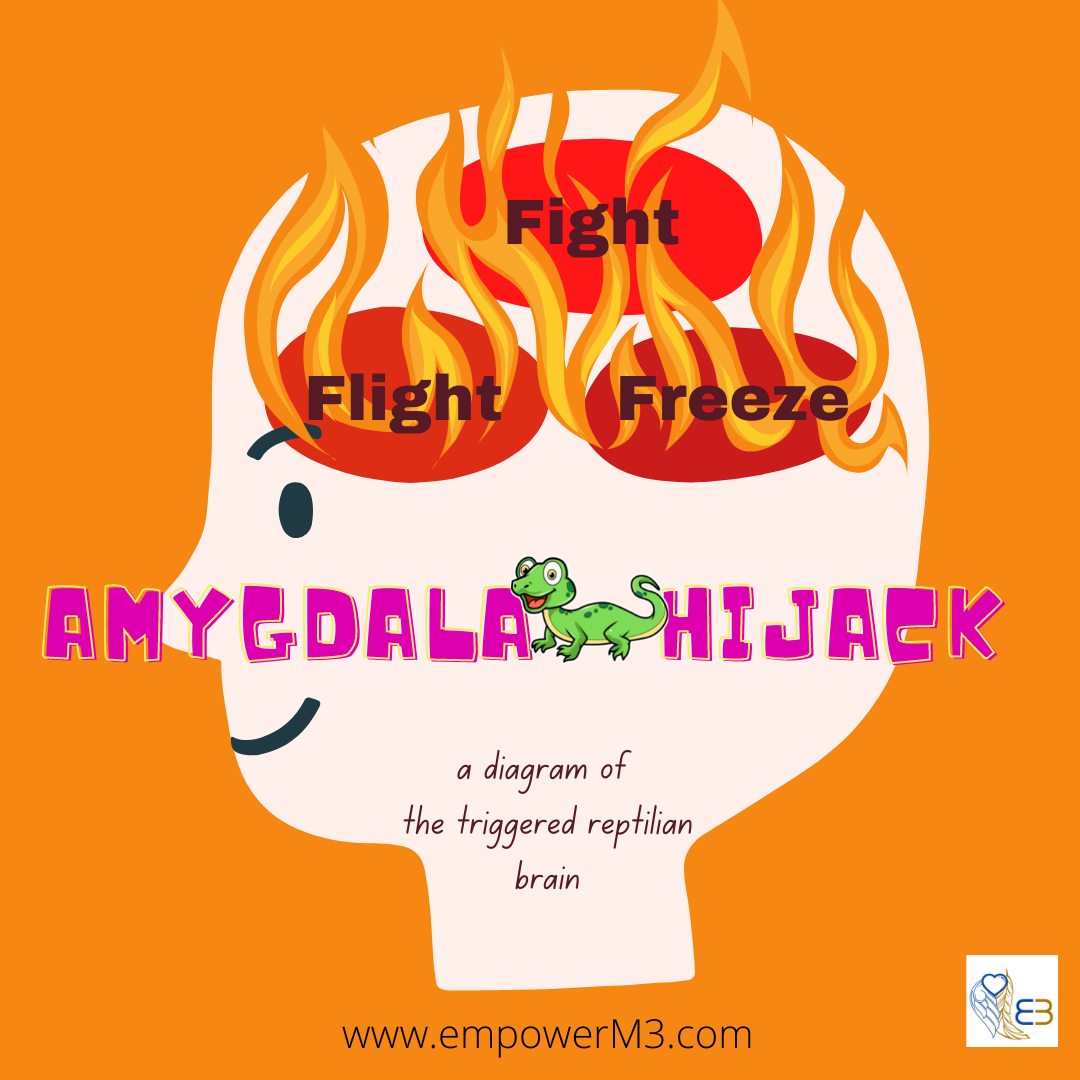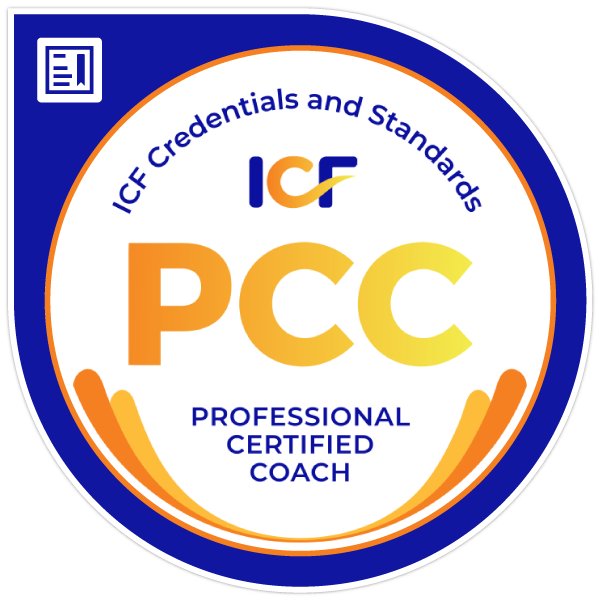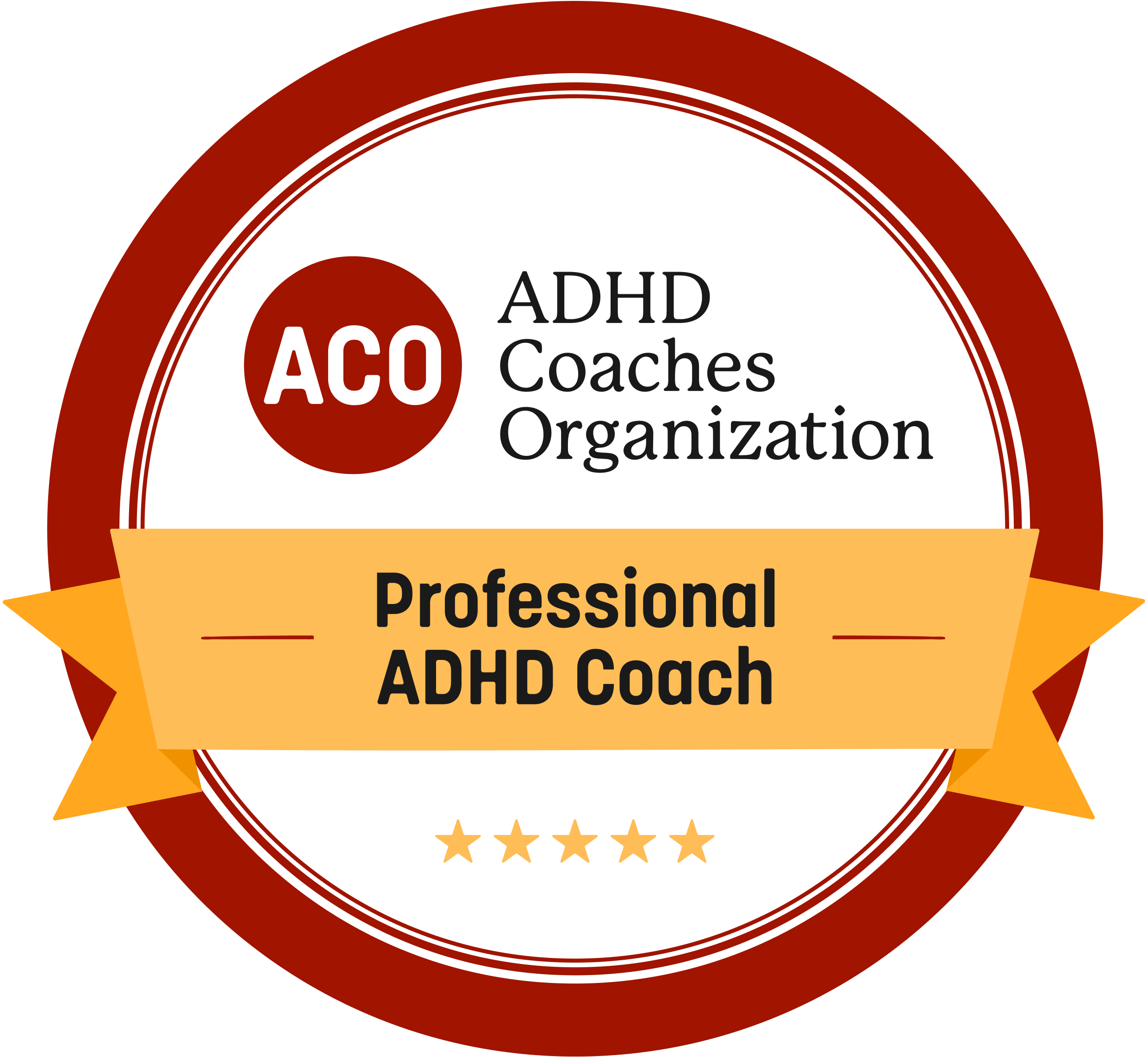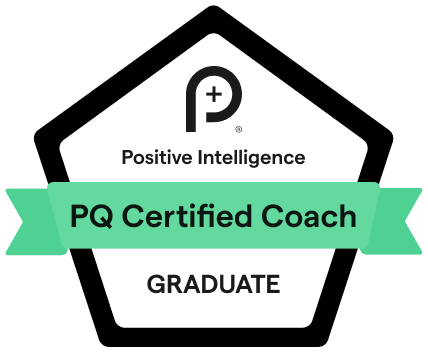
Fight, Flight or Freeze is within all of us. Coming to an awareness of your triggers and building self-management tools will help you when you find this feeling coming on. As your stress level increases your brain is releasing cortisol and adrenaline, two stress hormones priming your body to go into survival mode. Legg writes in an article, Amygdala Hijack: When Emotion Takes Over, “When you notice the fight-or-flight response has been activated, your goal is to calm down and take control. Remind yourself that what you’re feeling is an automatic response, not necessarily the best or most logical one.” Fight, Flight or Freeze is a part of your brain function. It is a response evolving to save mammals from danger. Increased episodes of Fight, Flight, or Freeze and stress have direct effects on your health over time. The image below depicts how the Fight, Flight, or Freeze Response is expressed in the body.
(How Your Stress Response Works | Dr. James L. Wilson’s AdrenalFatigue.org, 2017)
(Read more about Amygdala Hijacking using this link from Healthline: https://www.healthline.com/health/stress/amygdala-hijack?utm_medium=email&utm_source=email-share&utm_campaign=social-sharebar-referred-desktop )
You are on the right path in deepening your self-awareness. Realizing your deeper-rooted trigger(s) causing your fight, flight, or freeze response is key. While you process through your trigger(s) think about what this trigger means to you. How does the perception of your trigger resonate both physically and emotionally? ADHD with heightened emotionality can exacerbate this response, but you ultimately can have control by employing strategies and techniques that work for you to come back to neutral during these moments. Fight, flight or freeze can take over. It is a powerful survival mechanism within the brain. Emotions can run deep. With awareness, you can build self-management tools and techniques to combat these times when you want to maintain control. Social awareness also plays an integral part in your overall success in combating the fight or flight response. The brain is powerful- your brain is powerful. Working with what you know of yourself will help you in these moments of fight, flight, or freeze.
This journaling prompt is adapted from the book Emotional Intelligence 2.0 by Bradberry and Greaves might help you process through triggers. Try it if it resonates with you.
Relationship Management Strategies: Exercise 15 (pg:214-216)
Align Your Intention with Your Impact
This exercise requires you to use your social-awareness and self-management skills to observe a situation and the people involved, think before you speak or act, and make an appropriate and sensitive response.
Think of a situation where the impact of what you said or did was not what you intended. Use the following prompts to process through this situation. ex: when you said, “I’m done.” What happened next?
1. Describe the incident- what did you notice in your body (ie: sweaty palms, faster heartbeat, upset stomach). What happened?
2. What were your intentions?
3. What were your actions?
4. What was the impact of your actions? What was the end result or response/reaction of others?
5. What didn’t you realize in the situation that you realize now?
a. What cues did you miss from yourself and/or others?
b. What did you learn about yourself?
c. What did you learn about others?
6. What could you have done differently to keep your intent and impact aligned?
7. How can you apply this awareness in the future?
*If unsure, ask a trusted person involved in the situation what they noticed.
This exercise may help you in using past experiences to grow your self-awareness. Moving forward towards having greater control will be practiced through your self-management skills. Building in pause, breathing exercises, and mindfulness can help when you notice your early signs of fight or flight coming on. What happens to you when you feel fight or flight coming on? What do you do next? Do you move towards bigger emotions? If you are a parent of a child hijacked in a fight, flight, or freeze response what do you do next? Identifying the next action step that will offer re-centering is vital to regaining activation of the prefrontal cortex where reasoning resides. Practicing this will help you drive in the direction of your intention.
These questions are intended to grow your self-awareness so you can employ self-management skills in driving towards your intended destination. In June we have explored deeper how the brain functions wrapping up the month with the most primitive part the amygdala. Fight, flight or freeze is a primitive survival brain reaction. Understanding this area of your brain relating to ADHD is key in putting out a fuse when it gets ignited. Reaction to stress can trigger quicker responses for individuals with ADHD and RSD. Emotions run deep. You can find techniques to help ease the tendencies to drive off the cliff when your amygdala is hijacked. To do so first identify what calms you? What distracts you enough to get you out of your thinking pattern? What technique or tool has worked in the past to keep you calm in threatening situations? Can that technique or tool be used when you feel fight, flight, or freeze coming on in the future? The brain thrives on oxygen. Focus on your breathing. Some clients use breathing exercises while repeating a positive mantra in their head. Employ its’ power within you in your weakest moments. I hope the information, exercise, and additional reading I have provided are helpful to you as you peel back the layers of how this natural primitive response is playing a role in your life.
Thank you for being open to discovering how the brain works.
Warm Regards,
Coach Cindy









